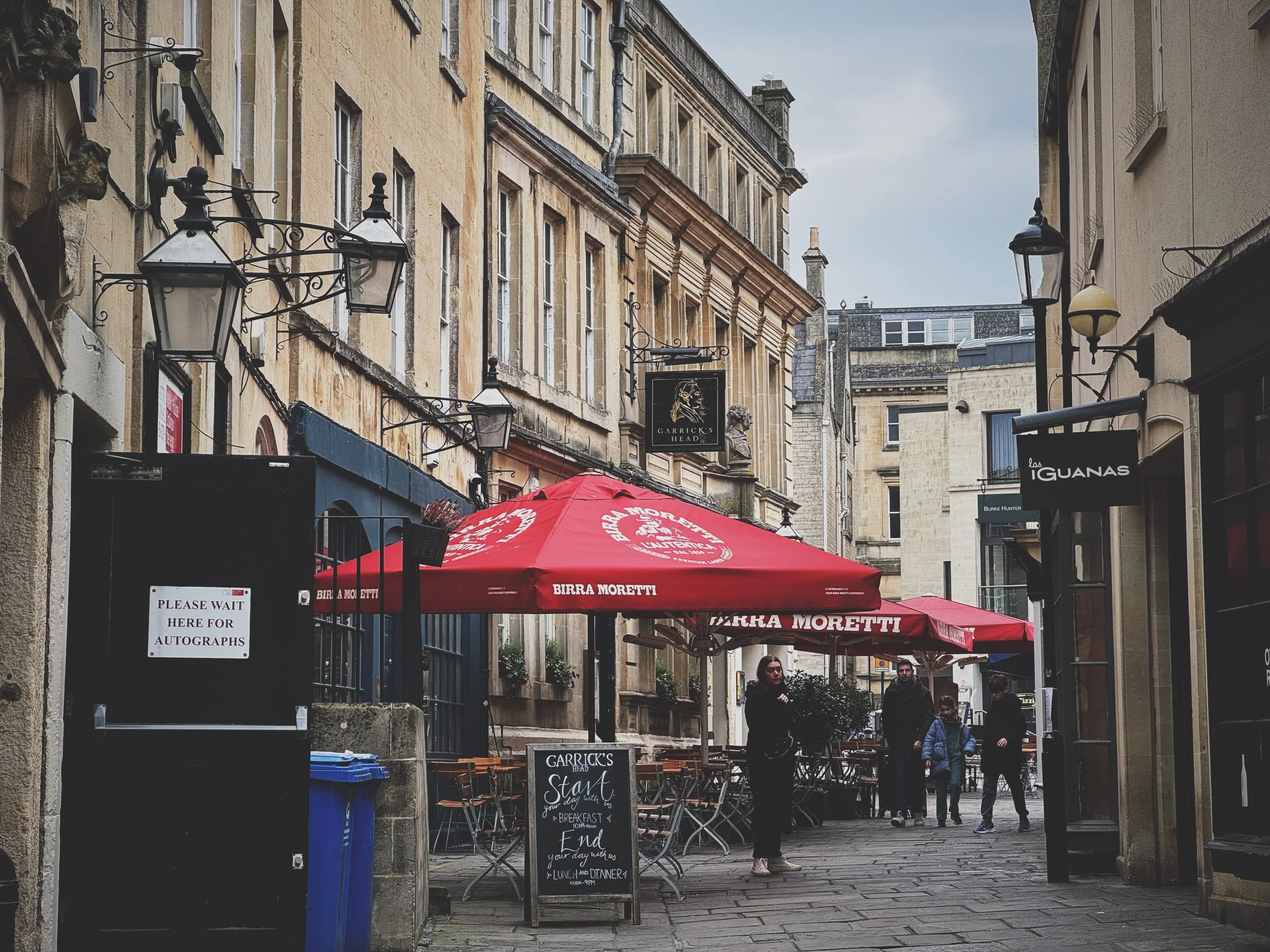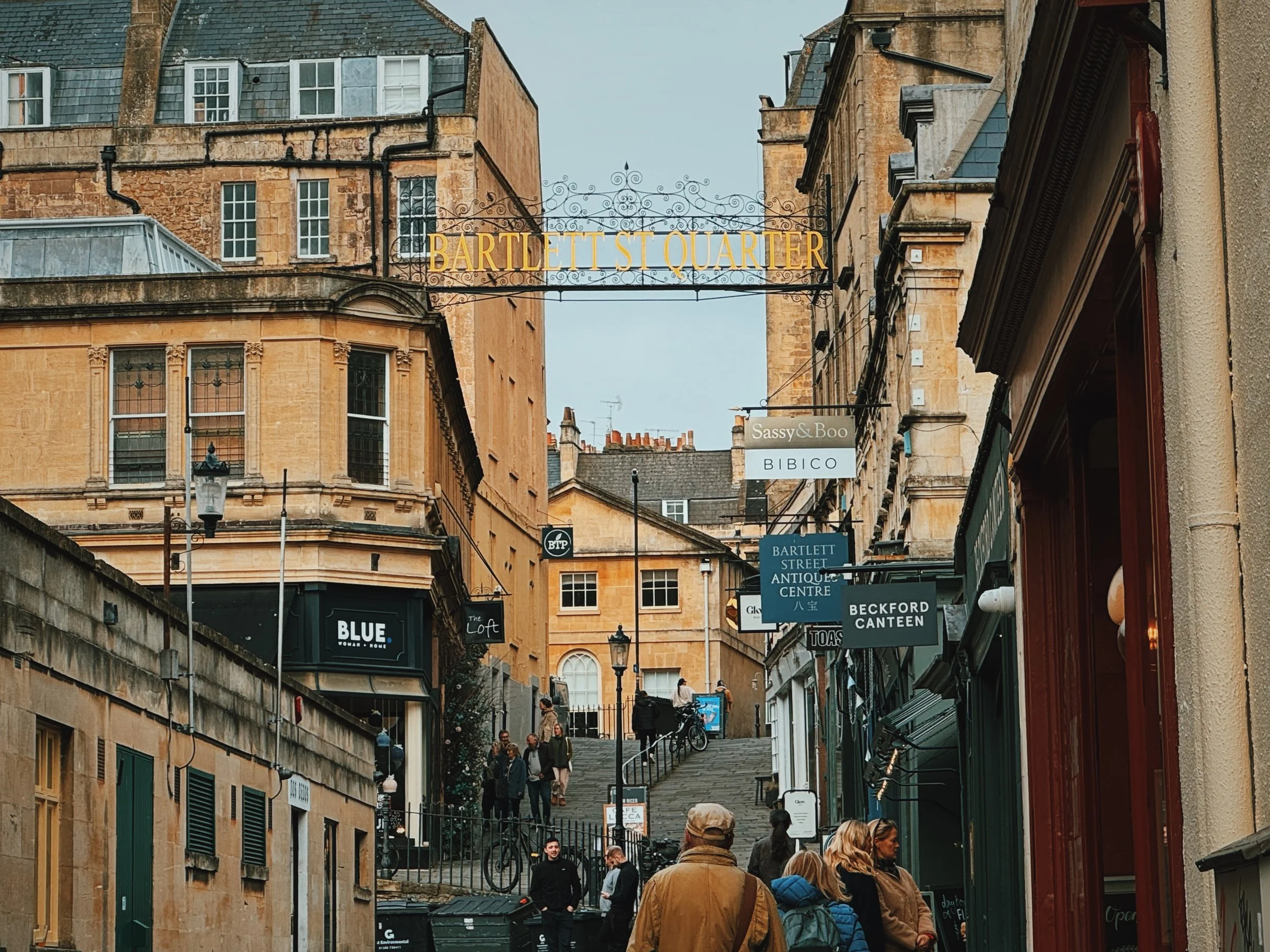the lesson of the steups
Colours of Africa (Malawi, 2015).
For a time while I was still practicing law, I worked and lived in London, responsible for negotiating deals for my employer in Europe, Africa and the Middle East. As part of my work, I traveled quite a bit to all of these regions. My first trip to Africa was to Nigeria, and as I was getting ready to travel, my British coworkers were filled with ominous warnings.
“Don’t drink the water, you could get violently ill.”
“Don’t go out at night, it’s way too dangerous.”
“Don’t stray from your security detail — you’ll have an armed guard with you in your car, as well as a chase car — they’re there for your protection.”
Needless to say, by the time I boarded that British Airways flight to Lagos, I was terrified.
When I landed, I quickly dashed toward passport control, silently praying that I could make it safely to the other side to my waiting security detail. After sprinting down a long hallway, I encountered a non-working escalator, with the passport control booths located immediately at the bottom. The line of passengers snaked all the way up the stopped escalator.
This was clearly going to take a while.
After about 40 minutes, I had made it to the bottom of the escalator, but the line kept growing behind me — it continued into the hallway above and beyond my sight. My nerves had settled into a low-grade but unrelenting anxiety. Only about 30 minutes more, I thought, trying to calm myself. I’m almost to the other side.
Suddenly, there was a commotion. Someone at the top of the escalator had lost control of his considerably large and apparently heavy suitcase, and it was bouncing down the escalator, hitting people as it went. Folks were trying to leap out of the way, and only the lucky ones were successful — the others, I’m sure, ended up with nasty bruises. Those of us who were standing at the bottom of the escalator watched in horror.
Standing in front of me was a Nigerian woman. She was tall — maybe even 6 feet — wearing a brightly patterned dress (not entirely unlike the fabrics shown above), and huge gele, which looked like a crown on her head. She stood erect, like a queen, shoulders back and head slightly raised. And after watching for a moment in silence, she suddenly made a loud and distinct sound by sucking her teeth.
If you’re Trinidadian and reading this, you know exactly the sound that I mean: in my country, we call that noise a steups, and any person with a Trinidadian mother grew up hearing that noise in their home. It is the quintessential sound of Trinidadian derision, and my own mother is a champion steupser — my sister and I could tell exactly how angry we’d made her purely by measuring the length of time she was able to draw out that sound. (More than half a second, it was time to run and hide.)
As soon as I heard that sound, every single drop of anxiety completely melted away. I marveled that this sound — this cultural tic — had clearly traveled the Middle Passage from West Africa to Trinidad, and survived through the generations in my little island. Suddenly, I realized that Nigeria, in a way, was home. And I spent the rest of my trip in a completely different frame of mind, deeply curious to learn everything I could in my short trip about Nigeria and its people, lifestyles, music and food. I was eager to discover what clues I had to my own culture, and delighted when I was able to find so many.
(Years later, when I did a DNA test and learned that I was 40% Nigerian, I wasn’t even slightly surprised.)
My friend Mira Jacob once told me that curiosity is the antidote to fear — that by getting curious about people who are different from us, we’re able to discover points of resonance and connection. That moment in Murtala Muhammed International Airport was such a great lesson in this: that even in the most foreign of situations, there’s often something that connects us. It is never the wrong move to stay curious, and it’s something I try to keep in mind especially when it comes to activism, because the clues of resonance and connection that emerge can often help guide the way to progress.
And besides, it’s just so great to get glimpses of our own interconnectedness, don’t you think?
Soundtrack: Keep jammin’ on, by Kes and DJ Private Ryan










